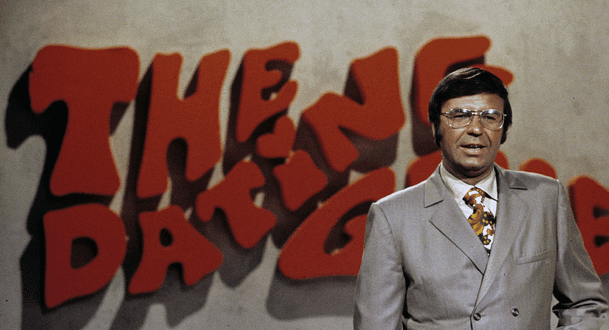 Marriage is like an A-frame house. The two grow closer together to form one life on the basis of a solemn covenant made with one another, a covenant that sustains the two during stress and that forms the mutually-agreed-upon foundation that shapes the whole of that life. The metaphor comes from Tim and Kathy Keller, in their new book, The Meaning of Marriage.
Marriage is like an A-frame house. The two grow closer together to form one life on the basis of a solemn covenant made with one another, a covenant that sustains the two during stress and that forms the mutually-agreed-upon foundation that shapes the whole of that life. The metaphor comes from Tim and Kathy Keller, in their new book, The Meaning of Marriage.
Does the “covenant” or “promise” or “paper” matter? Does any of these get in the way? What do you think of their theory of “loving actions” (near the end of this post)?
The battle within marriage in our world, as the Kellers routinely have observed, is the theory of love at work in romantic love theory, that is, that marriage is about love, and love is about affections and feelings and emotions and passion. In other words, it’s foundation (instead of a covenant promise) is satisfaction. Those who don’t want to commit, or don’t want to make a solemn promise/covenant, or those who think they don’t need the paper, the Kellers argue, are those who are saying “My love for you has not reached the marriage level” (78).
Put differently, those who want to rid marital love of all duty, or who don’t think the word duty belongs with the word love, are the ones who devalue covenant. Keller — and I remind you that this means both Tim and Kathy — sees this form of love as consumerist. If traditional societies anchor marriage in the family as a social function, modern Westerners anchor marriage in the individual. The solution is not to return to the traditional society but instead to see it anchored in God and that God’s covenantal arrangement for marriage combines passion and promise.
Hence, the covenant view of the essence of marriage sees the covenant as one before God and with one another, and not just with one another.
One of the best ideas of this chapter is that a covenant is a “stunning blend of law and love” (84). It is a relationship more intimate because it is legal. The covenant commitment supercharges the relationship, but not toward the flightiness of passion but toward the covenant nature of love. Love for the Kellers is about self-giving for the good of the other. And that means that a covenant view of love/marriage is about a promise for the future, for the promise of fidelity.
True marriage knows that love forms over time; the earliest years of marriage are not yet full love but the beginning stages. Often they are marked by loving the idea of the person but as time moves forward the person’s reality becomes more evident (this takes years folks) and only as each person commits to loving the reality of the person can true love form. To be loved in light of who you really are is what love is all about.
Love emerges from the actions of love and not always from the emotions of love and affection and passion. If you do loving things you learn to love the other person; if you do loving things you will love that person eventually.











